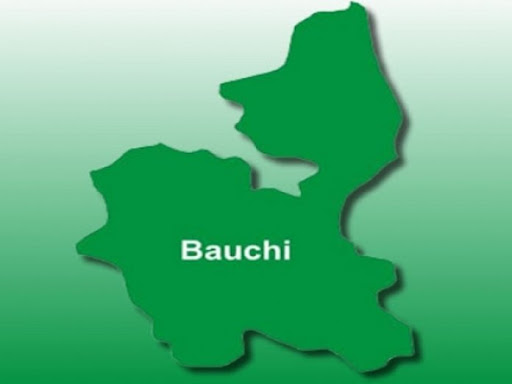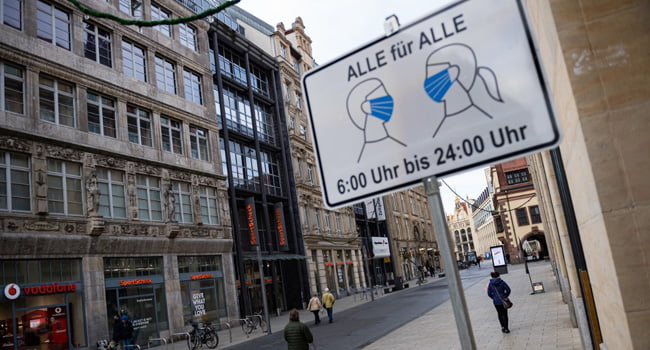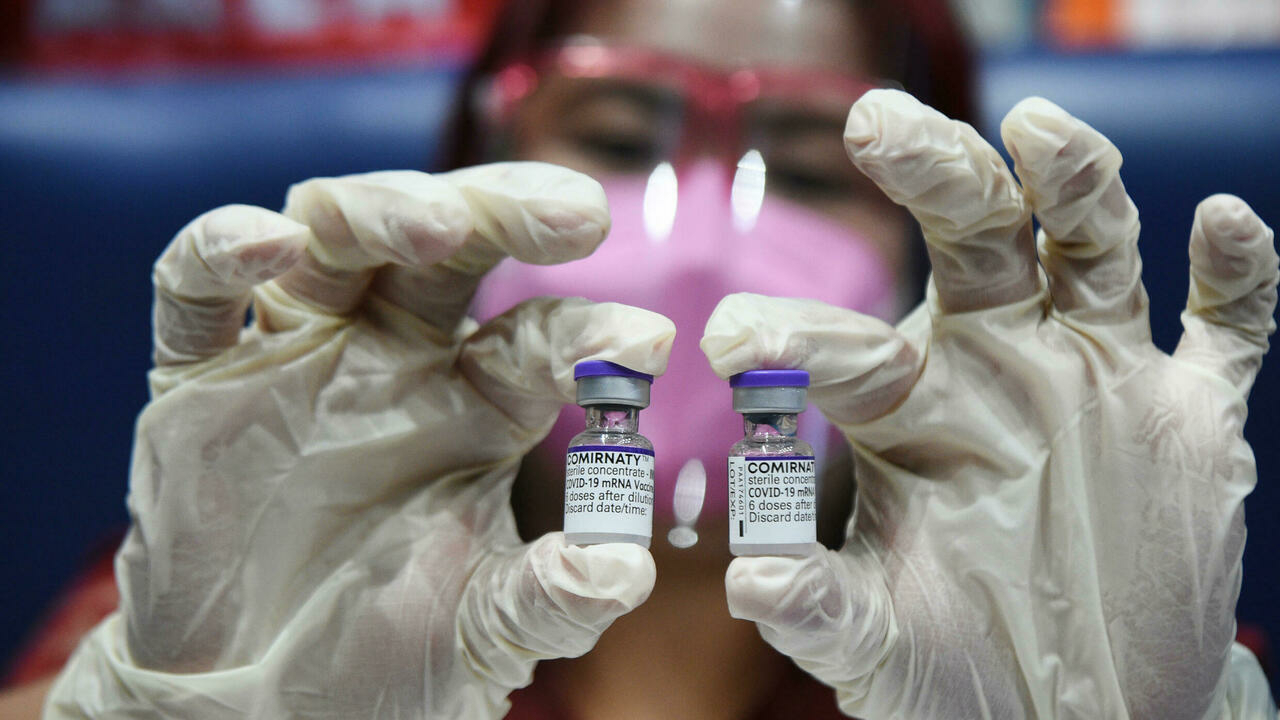Biden Expands the Net Growing concerns about China and Russia at the New Democracy Conference
The inaugural summit was the President’s fulfillment of his campaign promise to support democracy, which he promised when he ran for office.
As Russia assaults Ukraine and China launches a diplomatic offensive, the United States seeks a united front against authoritarianism as it kicks off its second Summit for Democracy on Tuesday.
After his predecessor Donald Trump’s erosion of democratic standards and the attack on the Capitol, President Joe Biden assumed office promising to support democracy. In his first year in office, he delivered on that promise with the inaugural summit, which aimed to reestablish US leadership.
Biden has chosen co-hosts from each continent this time around, including the presidents of Zambia, Costa Rica, and South Korea as well as the prime minister of The Netherlands, in response to criticism that the first edition focused too much on US introspection.
He has invited 121 leaders in all, eight more than in 2021, for the three-day summit that will take place primarily online.
The summit comes as threats to democracy evolve “from what was seen as an important issue, albeit sort of a slow-moving threat, to one that is now both important and extremely urgent,” said Marti Flacks, director of the human rights initiative at the Center for Strategic and International Studies.
The sessions will bring in civil society representatives for discussions on a range of challenges to democracy including surveillance technology, which the United States sees as a growing threat as China makes rapid technological advances.
“In the absence of pending congressional action in that space, it is important that the administration is engaging bilaterally with other countries and also with companies on voluntary actions that can be taken in the interim,” Flacks said.
Shunning Turkey, Hungary
The summit will open Tuesday with a virtual conversation on peace in Ukraine featuring President Volodymyr Zelensky.
Not only the message but the setting will be a striking contrast from the first summit where Zelensky, now a wartime leader in military fatigues, was clean-shaven and wearing a crisp black suit
After his predecessor Donald Trump’s erosion of democratic standards and the attack on the Capitol, President Joe Biden assumed office promising to support democracy. In his first year in office, he delivered on that promise with the inaugural summit, which aimed to reestablish US leadership.
Biden has chosen co-hosts from each continent this time around, including the presidents of Zambia, Costa Rica, and South Korea as well as the prime minister of The Netherlands, in response to criticism that the first edition focused too much on US introspection.
He has invited 121 leaders in all, eight more than in 2021, for the three-day summit that will take place primarily online.
Uniquely among European Union states, Biden is not inviting Hungary, where Prime Minister Viktor Orban won a fourth term last year but has been accused of deviating from liberal values by clamping down on the press, denouncing non-European refugees and speaking favorably of Moscow.
Singapore, whose elections are usually regarded as democratic, but which restricts free assembly and controls media, and Bangladesh, where hundreds have been detained under the Digital Security Act, were among the American allies avoided for the conference.
The State Department declined to talk about the qualifications for admission.
A spokesperson for the State Department stated, “But, we reaffirm that for the summit we strive to be inclusive and representational of a regionally and socioeconomically varied slate of countries.”
“We are not attempting to categorize which nations are democratic and which are not,”
Days after opposition leader Rahul Gandhi was ejected from the legislature—the most recent action taken by Prime Minister Narendra Modi that has disturbed rights organizations—India, a growing American partner and the greatest democracy in the world, is on the attendance list.
India’s neighbour and arch-rival Pakistan, where Imran Khan was last year ousted as prime minister and later charged, is also on the list.
Singapore, whose elections are usually regarded as democratic, but which restricts free assembly and controls media, and Bangladesh, where hundreds have been detained under the Digital Security Act, were among the American allies avoided for the conference.
The State Department declined to talk about the qualifications for admission.
A spokesperson for the State Department stated, “But, we reaffirm that for the summit we strive to be inclusive and representational of a regionally and socioeconomically varied slate of countries.”
“We are not attempting to categorize which nations are democratic and which are not,”
Days after opposition leader Rahul Gandhi was ejected from the legislature—the most recent action taken by Prime Minister Narendra Modi that has disturbed rights organizations—India, a growing American partner and the greatest democracy in the world, is on the attendance list.
The summit comes as the United States focuses on Africa, where China and Russia have both been making inroads. Vice President Kamala Harris will travel during the week to Ghana, Tanzania and Zambia — whose president, Hakainde Hichilema, has been held up by Washington as a model on democracy and will hold his own events as a summit co-host.
In its most recent annual report, Freedom House, a US-funded research organization, noted a general decline in worldwide democracy as well as an increasing number of encouraging developments.
The summit’s coordinator, Katie LaRoque, stated that although one meeting wouldn’t be sufficient to make a decision, the event provides an opportunity.
She asserted that democracies are able to “organize policy reforms that can restrain unbridled authoritarian violence.”



